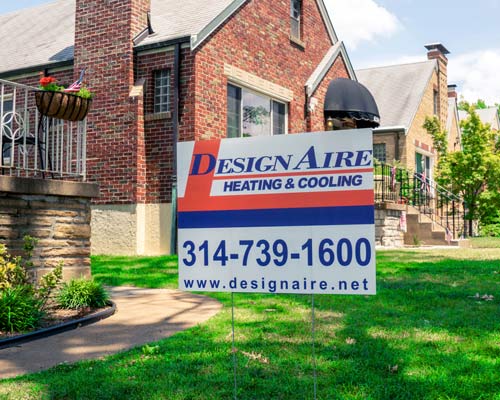
Heat pumps are versatile systems that can provide both heating and cooling for your home. Unlike traditional heating systems such as gas furnaces or boilers, which generate heat by burning fuel, heat pumps work by transferring heat energy from one place to another. In the winter, heat pumps extract heat from the outside air (even in cold temperatures) and move it indoors to warm your home. In the summer, the process reverses, and the heat pump functions as an air conditioner, transferring heat from inside your home to the outdoors. This dual functionality makes heat pumps an efficient and convenient choice for year-round climate control.
Energy Efficiency and Cost Savings
One of the most significant benefits of a heat pump is its energy efficiency. Heat pumps, especially electric heat pumps and geothermal heat pumps, can save energy by using electricity more efficiently than traditional heating systems. Because they move heat rather than generate it, heat pumps can deliver up to three times more heat energy to your home than the electrical energy they consume. This translates to substantial energy savings on your energy bill.
Environmental Benefits of Heat Pumps
Heat pumps offer several environmental benefits as well. By relying on electricity rather than natural gas or oil, heat pumps reduce the carbon footprint associated with home heating. This is particularly true for air source heat pumps and geothermal heat pumps, which use renewable energy sources—air and ground heat—to provide warmth. Additionally, because heat pumps are more energy-efficient, they contribute to lower overall energy consumption, reducing greenhouse gas emissions. As more electricity grids incorporate renewable energy, the environmental benefits of using a heat pump will continue to grow, making it a sustainable choice for eco-conscious homeowners.
Versatility and Comfort
Heat pumps provide excellent comfort and versatility, making them suitable for various climates and home setups. Air source heat pumps are ideal for moderate climates, offering both heating and cooling capabilities. For homes without ductwork, ductless heat pumps, also known as mini-split heat pumps, provide a flexible solution that can be installed in individual rooms or zones. Geothermal heat pumps, which draw heat from the ground, are highly efficient and work well in extreme climates. Additionally, heat pump water heaters can efficiently supply hot water, replacing traditional water heaters and further enhancing the versatility of heat pump systems.
Long-Term Savings and Maintenance
While the initial cost of heat pump installation can be higher than that of traditional systems, the long-term savings on energy costs often make it a worthwhile investment. The energy savings from using a heat pump can quickly offset the upfront costs. Moreover, heat pumps generally require less maintenance than traditional systems, as they have fewer moving parts and don’t involve combustion, which can lead to wear and tear.
In conclusion, the benefits of a heat pump extend far beyond basic heating and cooling. From energy efficiency and environmental sustainability to versatility and long-term cost savings, heat pumps are an excellent choice for homeowners looking to upgrade their heating and cooling systems. Whether you’re considering an air source heat pump, a geothermal system, or a mini-split heat pump, investing in this technology can enhance your home’s comfort, reduce your energy bills, and contribute to a greener future.
Contact Design Aire
Are you interested in upgrading your HVAC system to a high-efficiency heat pump or need expert advice on improving your home’s energy efficiency? Design Aire is here to help. Our knowledgeable HVAC technician team can guide you through selecting the right HVAC solution, whether it’s a heat pump, air conditioner, or a complete system overhaul. Contact us today to schedule a consultation or ac maintenance service, and let us help you create a more comfortable and energy-efficient home.

